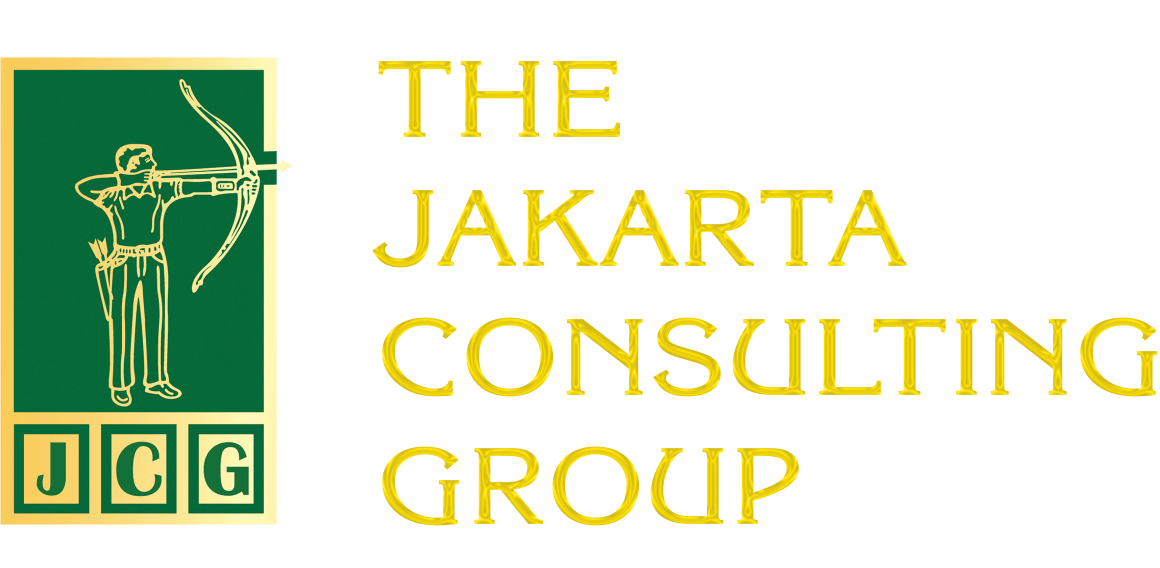After Deciding to Resign. As an inspiring figure, the founder of an organization is always in the limelight. They also determine the direction of the organization’s development. But, of course, he cannot lead forever. There comes a time when he must resign. The reasons can vary. From personal reasons, the organization’s need for regeneration, or the desire to seek new challenges.
Whatever the reason, this resignation can trigger a variety of consequences. This is what can be problematic. There are concerns about the future fate of the organization. In addition, the psychological state of the employee and the company culture are often affected. Of course, everyone wants the organization to continue to run well even if the founder is no longer at the helm. For this reason, a careful and thoughtful strategy is needed.
After Deciding to Resign
Ideally, the leader should have started the transition long before announcing his or her retirement. He or she should plan for the transition of power and its aftermath.
First of all, he must find the right person to replace him. This person can come from either inside or outside the organization (in the case of a family business, usually one of the children). Of course, each candidate, no matter where they come from, has their own strengths and weaknesses. Look for a successor who can take the organization through the challenges of the times.
The founder should share his or her knowledge, insights and experience with the chosen successor. Don’t forget the risks in transition. Despite having full power, the founder cannot do the transition process alone. He or she must work with the management team to manage the risks. Potential risks include disruption of employees, relationships with customers, relationships with investors (related to funding), and relationships with suppliers. In addition, cooperation with management is essential as they are the ones who ensure that the organization’s operational activities remain smooth.
It is important that employees understand the reasons for the founder’s resignation, as well as the steps the organization is taking to ensure a smooth transition. Another thing that should not go unnoticed is that the transfer of power also has an impact on external parties. Investors, business partners and key customers need to be informed about the transition. The goal is to keep their trust in the organization intact.
What is the fate of organizational culture? As you know, organizational culture is influenced and instilled based on the values of the founder. These values can be retained by the new leader if they are still appropriate. For this to happen, these values can be documented and reinforced through intensive training, discussion and socialization.
The decision to resign is not taken lightly. For the founder, it means saying goodbye to something that has been a part of his or her life. Especially if during his leadership, the organization triumphed. However, founders must realize that stepping down does not mean failure, but rather a step forward to open a new page for the growth of the organization and themselves.
Many founders lose their way after no longer leading. To overcome this, many of them take on new projects, become active in social activities, write, teach, and so on. All of these have a positive impact on the founder’s health. In addition, founders can invest in self-development. For example, by learning new things. It could also be by pursuing a long-delayed hobby. There are also those who decide to pursue a career elsewhere. With these activities, founders can find a new identity that is no less valuable than their previous position.
A good founder does not only think about himself, but also his employees. Employees may be anxious about their fate after the founder resigns. Especially if there is a strong emotional bond between the founder and the employees. Therefore, founders need to provide opportunities for employees to express their ideas and concerns.
Many organizations have a very high dependency on the founder. This is not healthy for the organization. If the founder is not around, the organization may falter. Giving full trust to the successor is therefore key to ensuring a successful transition. The founder should endeavor to ensure that his successor does not become a shadow of himself. In addition, the organizational structure can be changed in such a way that the organization is no longer dependent on one figure.
The founder strives for the organization to maintain a spirit of innovation, even after he or she is no longer with the organization. This aims to keep the organization relevant.
Even though he or she will soon be leaving the organization, the founder can inject hope and inspiration, not only for his or her successor but also for all parties. To that end, there is nothing wrong with celebrating the organization’s achievements during his or her time at the helm. This is not to brag, but to motivate everyone to give their best.
For organizations, the transition period after the announcement of resignation is a critical period. However, with careful strategy, the transition period can be a solid foundation to sustain success in the future. Sooner or later, transition is inevitable. The most important thing is how to manage the transition.
After Deciding to Resign
Category: Organization Development & Behavior
#founder #resign #transition #risk #hope #innovate











